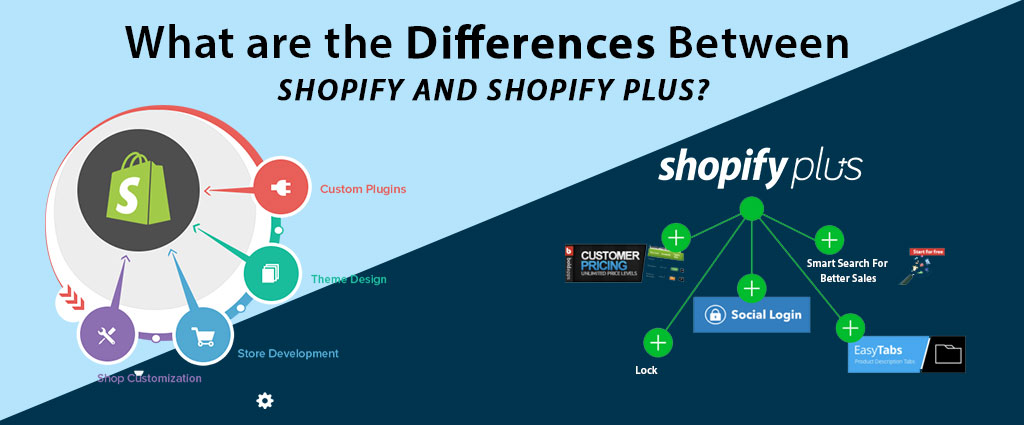
Shopify is one of the most popular choices for entrepreneurs around the globe to power their online stores. Proving worthy of their trust, this incredible ecommerce platform is supporting several thousands of online shops that are producing amazing results. Read More →
Category Archives: Shopify
06/22/2022

Shopify is one of the most popular choices for aspiring ecommerce entrepreneurs to power their online store. If you wish to reach the biggest possible number of potential customers, you need to implement a solid SEO strategy. Read More →
04/06/2021

The COVID 19 pandemic has caused economic hardship to a lot of individuals. While quite a few have got cuts in their salaries, there are others who have completely lost their jobs. Read More →
04/22/2019
Shopify Plus is the advanced version of basic Shopify. Shopify Plus brings scale and is packed with more advanced features and tools than Shopify. The word “Plus” signifies the definite advantage ShopifyPlus offers to store owners in terms of lower transaction fees as compared to the basic Shopify plan. Read More →




